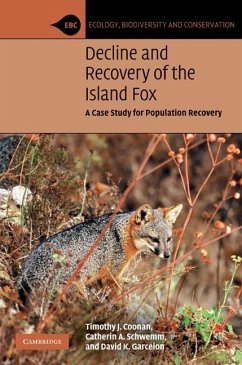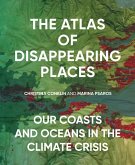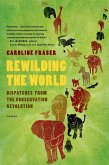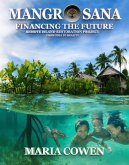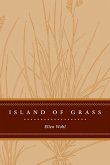Native only to the California Channel Islands, the island fox is the smallest canid in North America. Populations on four of the islands were threatened to extinction in the 1990s due to human-mediated predation and disease. This is the first account of the natural history and ecology of the island fox, illustrating both the vulnerability of island ecosystems and the efficacy of cooperative conservation measures. It explains in detail the intense conservation actions required to recover fox populations, such as captive breeding and reintroduction, and large-scale ecosystem manipulation. These actions were successful due in large part to extraordinary collaboration among the scientists, managers and public advocates involved in the recovery effort. The book also examines the role of some aspects of island fox biology, characteristic of the 'island syndrome', in facilitating their recovery, including high productivity and an apparent adaptation to periodic genetic bottlenecks.
Dieser Download kann aus rechtlichen Gründen nur mit Rechnungsadresse in A, B, BG, CY, CZ, D, DK, EW, E, FIN, F, GR, HR, H, IRL, I, LT, L, LR, M, NL, PL, P, R, S, SLO, SK ausgeliefert werden.

